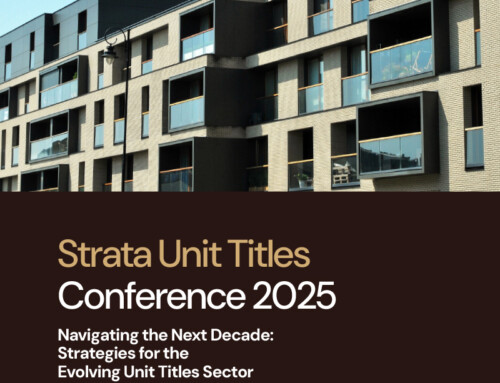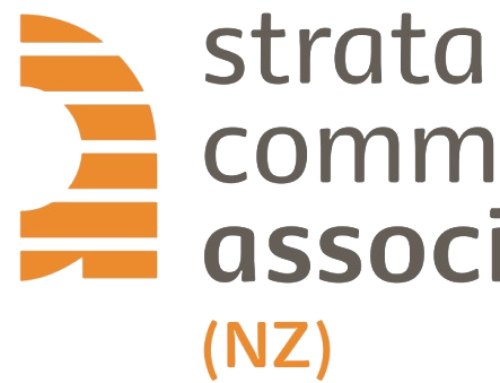I am sharing a synopsis from my fellow board member Thomas Gibbons post another successful JV symposium:
The Auckland District Law Society and Strata Community Association (NZ) 2020 half-day conference was held on 19 November, in-person and via webstream. It was a chance to reflect on an interesting year – in terms of legal issues, manager issues, and of course lockdown and Covid-19 issues – and to reflect and gear up for the year ahead.
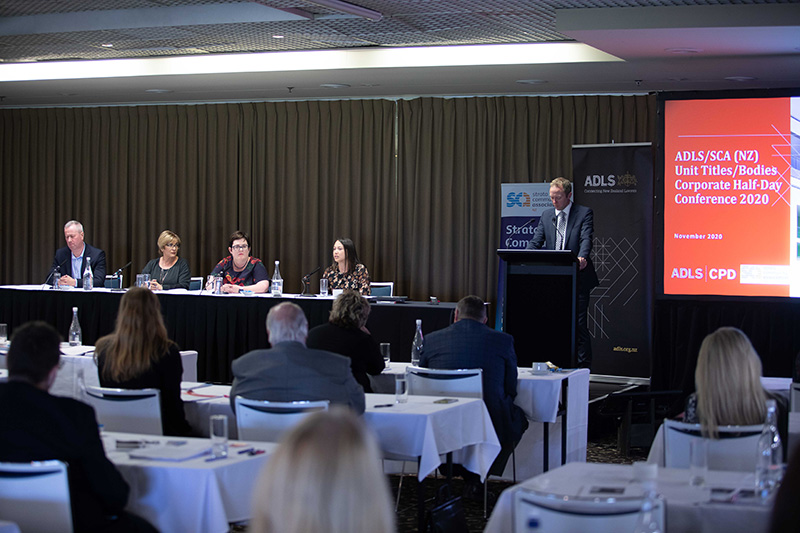
After a brief introduction, the conference began with a governance update and comments on navigating Covid-19. Liza Fry-Irvine noted recent Tribunal decisions which have considered practical issues such as how a committee is elected, and the restrictions on proxies – in particular, that a proxy cannot be appointed by email, and that a proxy cannot call a poll. In my mind, both conclusions are wrong, but they stand until challenged further. In addition, legislative amendments have made virtual meetings a reality, at least while Covid-19 regulations remain in place. Wendy Baker spoke on the challenges for managers arising from Covid-19, including the importance of good communication, and being adaptive to technology – not an easy ask for some owners, nor for some managers, who had to get to grips with verifying attendance at virtual meetings, and conducting meetings remotely. However, technology also has its benefits, as Julie McLean was able to buzz in from Australia to present her comments from across the ditch.
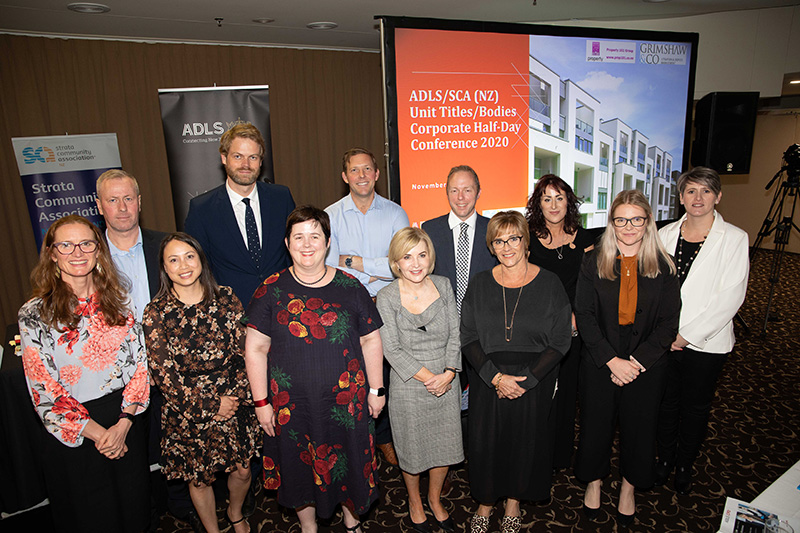
Joanna Pidgeon outlined the Unit Titles (Strengthening Body Corporate Governance and Other Matters) Amendment Bill, which in my opinion is long overdue, and which will help clarify the roles and responsibilities of various actors in the unit titles space, including for managers and committees, as well as clarifying issues in respect of quorums, resolutions, and conflicts of interest. Categorising bodies corporate into small, medium, and large is a positive step, and will allow more attention to how different sizes of body corporate need to be regulated. Adriana Radich then spoke on wellness, a particular challenge for managers in the uncertainties of the Covid-19 environment, before Vicki Toan and Anita Reinecke gave their legal and manager perspectives on administration. Arguably, there is a lot of uncertainty in this area, and it was highlighted that not all applications will be successful.
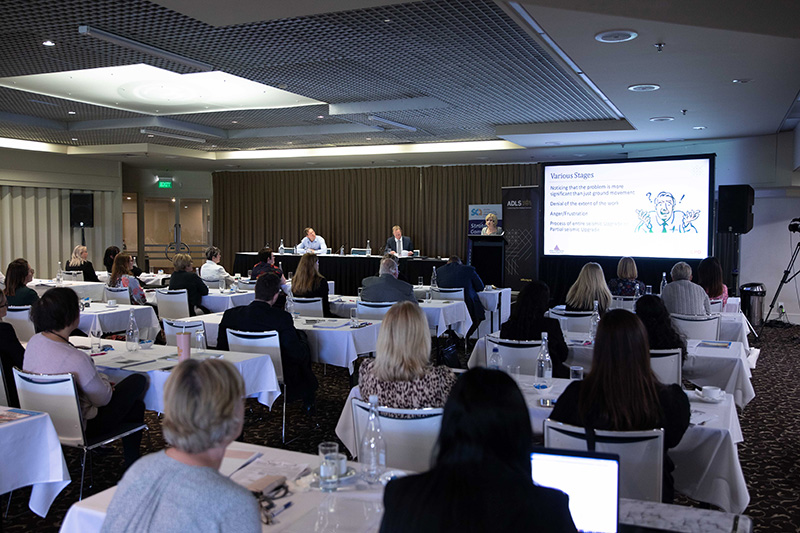
After a short break, a panel of Ian Jespersen, Charlotte Muggeridge, Ben Thomson and Kathryn Clark gave legal and survey perspectives on boundary issues – a common difficulty with unit titles. There are many problematic titles out there, and the scope of an adviser’s duty remains an important topic to explore further. I then gave a case law update, with particular attention on the comments in Singh on manager and committee duties, the decision in Bell on maintenance and repair responsibilities, and the brand new decision in Housley on operational rules that prohibit Airbnb. Andrew Hough and Paula Beaton spoke on earthquake strengthening issues, which remain complex for owners, lawyers, and managers, before a panel discussion addressed various issues including minority relief, the disconnect between the legislature enabling technology while the Tribunal delimits proxies, and an overview of themes from the day. We then concluded for networking and drinks.
Thomas Gibbons, Conference Chair – thomas@gibbonslaw.co.nz


